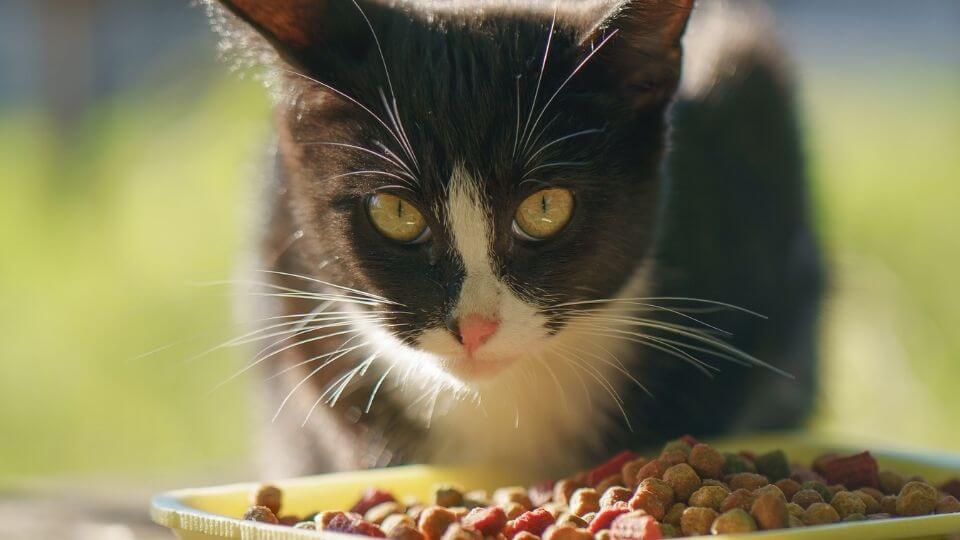Halal pet food – an emerging segment on the global market

The global halal pet food market is poised for fast growth, including outside the countries traditionally attributed to the Muslim world. This is creating some promising opportunities for several market players who have already begun producing and marketing cat food in accordance with Islamic law.
What is halal food?
Halal food refers to food prepared according to the Islamic dietary law’s rigorous guidelines. Under these guidelines, alcohol, blood and pork are haram (pr…
Did you think it would be this easy? Nope! Just register. It’s free! Lorem ipsum dolor sit amet, consectetur adipiscing elit. Ut cursus turpis vel cursus ullamcorper. Sed ante mi, finibus eget porttitor a, tincidunt ac dolor. Vivamus ornare semper lorem, consequat commodo lectus elementum vitae. Cras id mattis urna. Donec rutrum dignissim lacinia. Duis ultricies sapien at ipsum tincidunt.
Sed in iaculis elit, sit amet convallis felis. Pellentesque non justo lectus. Donec sollicitudin lorem in sapien euismod varius at vitae mi. Maecenas ut elit ac risus consectetur vulputate. Praesent vel orci ante. Curabitur egestas dapibus nisi ac laoreet. Nullam a lacinia libero, non fringilla nisl.
You’re out of free articles,
register for unlimited access
